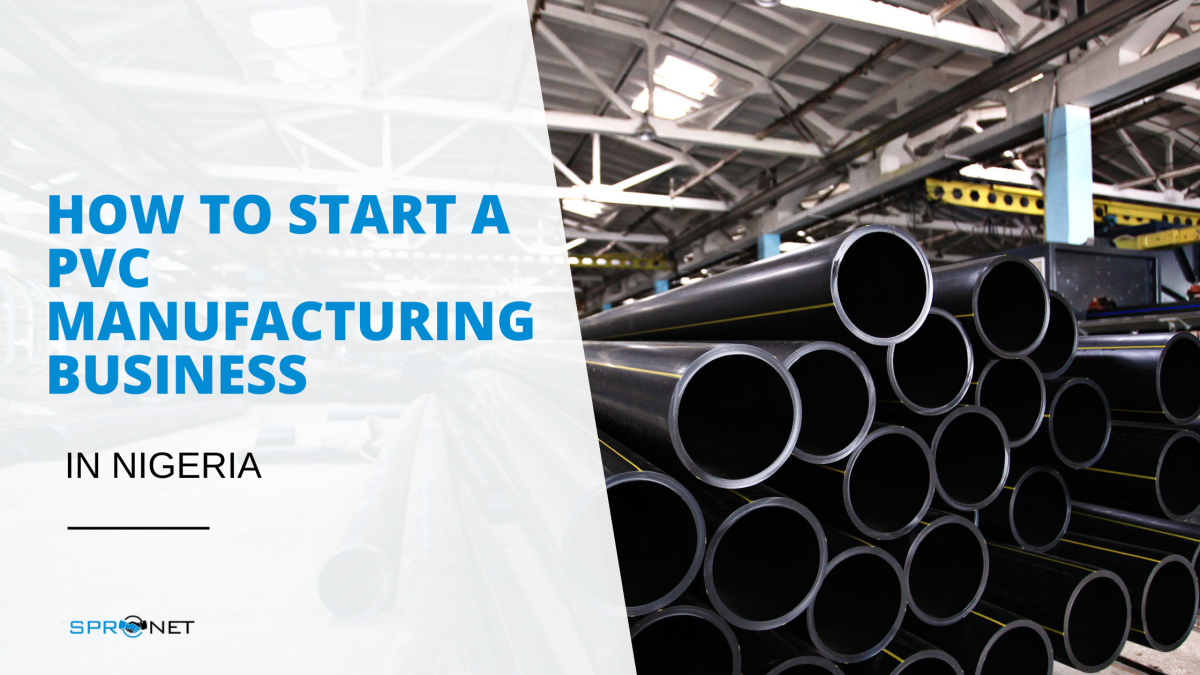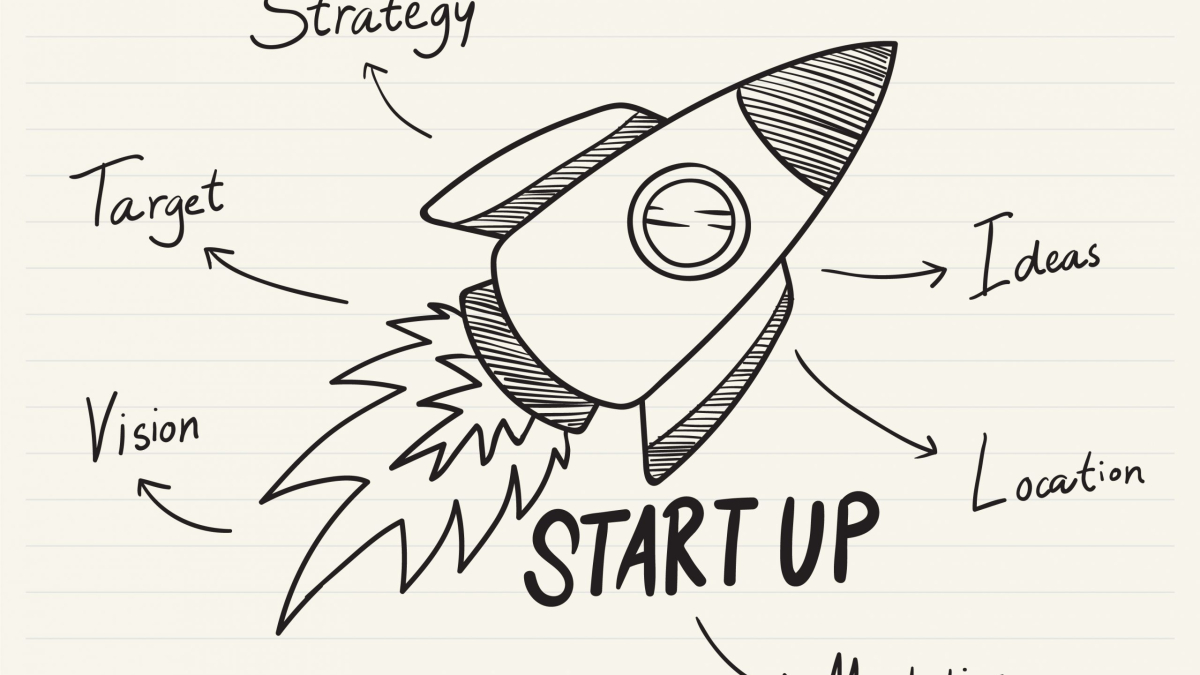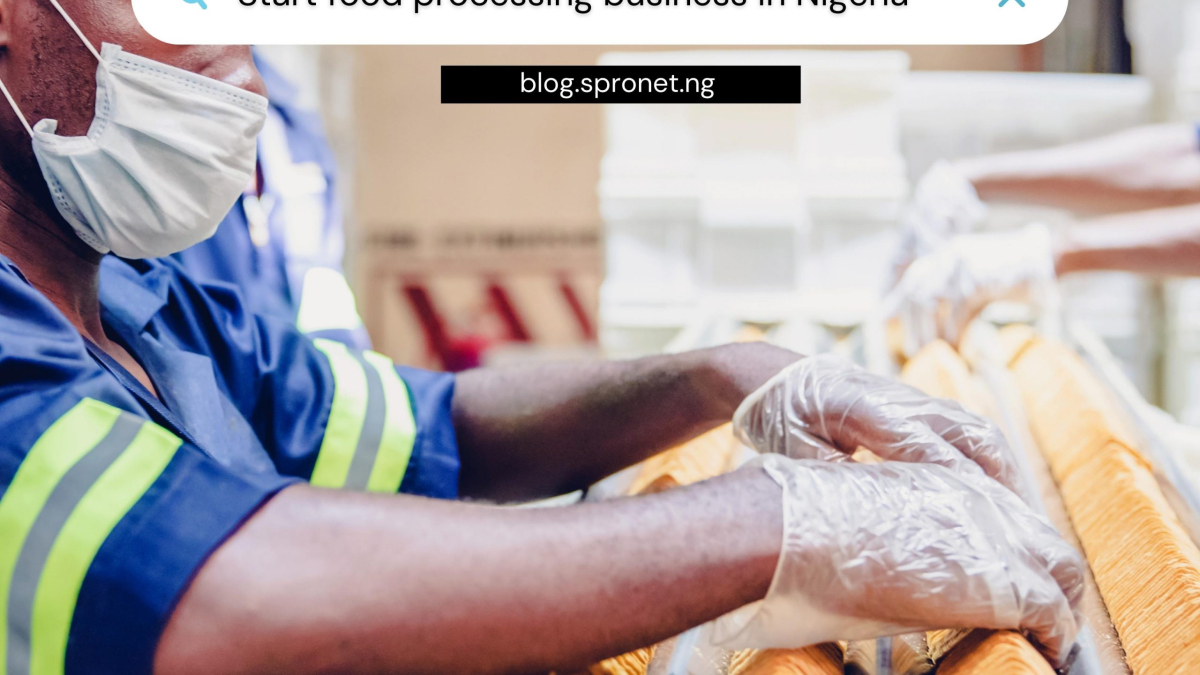PVC, or polyvinyl chloride, is a versatile and durable plastic that is used in a wide range of products, from pipes and fittings to window frames and flooring. In Nigeria, PVC manufacturing is a growing industry with plenty of opportunities for entrepreneurs looking to start their own business. In this blog post, we’ll take a closer look at how to start a PVC manufacturing business in Nigeria, from market research to setting up the production process.
Introduction
PVC is a popular choice for construction and industrial applications due to its durability, versatility, and relatively low cost. In Nigeria, the PVC market is growing at a steady pace, driven by the country’s growing population and increasing demand for infrastructure and housing. Starting a PVC manufacturing business in Nigeria can be a great opportunity for entrepreneurs looking to tap into this growing market.
Market Research
Before starting your PVC manufacturing business, it’s essential to conduct thorough market research. This will help you to understand the current PVC market in Nigeria, identify potential customers and target markets, and understand the competition.
One of the first things to consider is the type of PVC products you want to manufacture. Some popular options include pipes and fittings, window frames, and flooring. Each of these products has its own target market and set of customers, so it’s essential to research which products are in the highest demand in your area.
Another important aspect of market research is identifying gaps in the market. For example, if there is a shortage of high-quality PVC products in your area, you may be able to fill that gap with your own manufacturing business.
Business Plan
Once you’ve conducted your market research, it’s time to develop a comprehensive business plan for your PVC manufacturing business. This should include financial projections, marketing strategies, and a detailed plan for setting up your manufacturing facility and production line.
When it comes to funding, there are several options available to entrepreneurs looking to start a PVC manufacturing business in Nigeria. You may be able to secure a loan from a bank or other financial institution, or you may be able to find investors who are willing to provide funding in exchange for a share of the business.
Equipment and Materials
One of the most significant expenses when starting a PVC manufacturing business is purchasing the necessary equipment and materials. This includes things like PVC granules, molds, and machinery.
When it comes to equipment, it’s essential to research different options and find the best deals. This may involve importing equipment from other countries, or working with local suppliers and vendors. It’s also important to factor in the cost of shipping and handling when calculating the total cost of your equipment and materials.
Legal and Regulatory Requirements
Starting a PVC manufacturing business in Nigeria also involves complying with a range of legal and regulatory requirements. This includes obtaining the necessary licenses and permits from the government, as well as meeting local and national regulations and laws.
It’s essential to research the specific requirements for your business, as these can vary depending on the location and type of business. You may also need to hire a lawyer or other professional to help you navigate the legal and regulatory landscape.
Setting up the Manufacturing Process
Once you’ve obtained the necessary licenses and permits, it’s time to set up your manufacturing facility and production line. This will involve finding a suitable location, hiring employees, and establishing a quality control process to ensure that your PVC products are of the highest quality.
When it comes to setting up your manufacturing facility, it’s important to consider things like power supply, water supply, and waste management. You’ll also need to invest in training for your employees to ensure they are able to operate the machinery and equipment safely and efficiently.
Marketing and Sales
No matter how high-quality your PVC products are, they won’t sell if you don’t have a strong marketing and sales strategy in place. This includes developing a branding and marketing plan to promote your business and products, as well as building relationships with potential customers and distributors.
One effective way to market your PVC products is through digital marketing and social media and online marketplaces for Businesses like spronet.ng. This allows you to reach a wide audience at a relatively low cost, and can be a great way to generate leads and build your customer base.
You can also consider traditional marketing methods such as print ads, billboards, and exhibitions to reach out to your target audience.
In addition to marketing, it’s also important to have a solid sales strategy in place. This includes identifying key accounts and building relationships with them, as well as developing a pricing strategy that is competitive but still allows for a profit margin.
Conclusion
Starting a PVC manufacturing business in Nigeria can be a great opportunity for entrepreneurs looking to tap into the growing PVC market.
However, it’s essential to conduct thorough market research, develop a comprehensive business plan, and comply with legal and regulatory requirements.
Additionally, investing in the right equipment and materials, setting up a manufacturing facility, and having a strong marketing and sales strategy are key to the success of the business.
With the right approach, a PVC manufacturing business can be a profitable and rewarding venture for Nigerian business owners.







